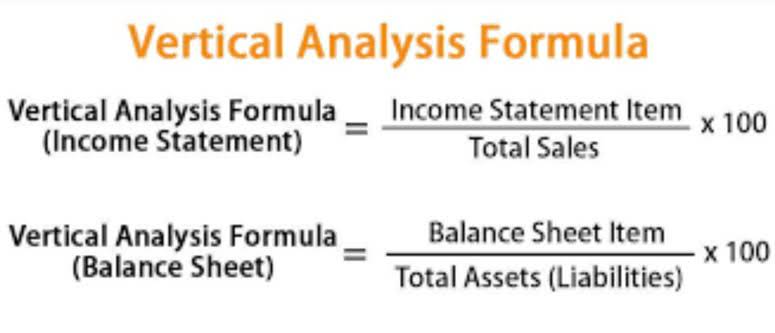
It is possible that 25% of W-2 wages plus 2.5% of qualified property could produce a higher deduction than 50% of W-2 wages. So, it is necessary to understand the definition of qualified property for purposes of the QBI deduction calculation. Essentially, qualified property is the unadjusted basis (without depreciation but reduced for Section 179 expense) of tangible, depreciable property that is used in the business at any time during the year.
- Taxpayers whose taxable income exceeds the threshold amount of $157,500 ($315,000 in the case of a joint return) are subject to limitations based on the W-2 wages and the adjusted basis in acquired qualified property.
- As a reminder, the qualified business income deduction (QBI) gives small business owners an additional 20% tax deduction on their net business income, which helps reduce their total taxable income.
- But more specifically, it is the net amount of income, gain, deduction, and loss from your business.
- If the taxpayer has more than $25 million in gross receipts, it will not be an SSTB if less than 5% of those receipts are generated by the SSTB activity (Prop. Regs. Sec. 1.199A-5(c)(1)(ii)).
- If a taxpayer has $25 million or less in gross receipts for the tax year from SSTB activities, it will not be considered an SSTB if less than 10% of the receipts are generated by the SSTB activity (Prop. Regs. Sec. 1.199A-5(c)(1)(i)).
- That’s a broad definition, but it includes law firms, medical practices, consulting firms, professional athletes, accountants, financial services, members of the performing arts, investment management firms, and more.
As of the 2020 returns (filed in 2021), the IRS requires business owners who claim the QBI deduction to attach Form 8995 to their returns. Both of these forms have worksheets that will help you determine the amount of QBI deduction you’re eligible for. And once you’re done filling the relevant form out, make sure to attach it to your tax return when you send it off to the IRS. For a full list of what the IRS doesn’t consider qualified business income, head here. To lower your self-employment taxes, take advantage of business write-offs!
About the qualified business income (QBI) deduction
At certain levels, you stop being eligible for the deduction altogether. Justin is an IRS Enrolled Agent, allowing him to represent taxpayers before the IRS. He loves helping freelancers and small what is a qualified business income deduction business owners save on taxes. He is also an attorney and works part-time with the Keeper Tax team. Blueprint is an independent publisher and comparison service, not an investment advisor.
But more specifically, it is the net amount of income, gain, deduction, and loss from your business. Keeper is the top-rated all-in-one business expense tracker, tax filing service, and personal accountant. Even before your QBI deduction kicks in, you can lower your taxable income off the bat by keeping thorough expense records throughout the year. https://www.bookstime.com/ Let’s zero in on the kinds of freelancers and business owners that are eligible for the deduction. When self-employed people put money into their 401(k)s, the amount they contribute can be deducted from their business income. But because taking that deduction lowers their business income, it also lowers the amount of their QBI write-off.
